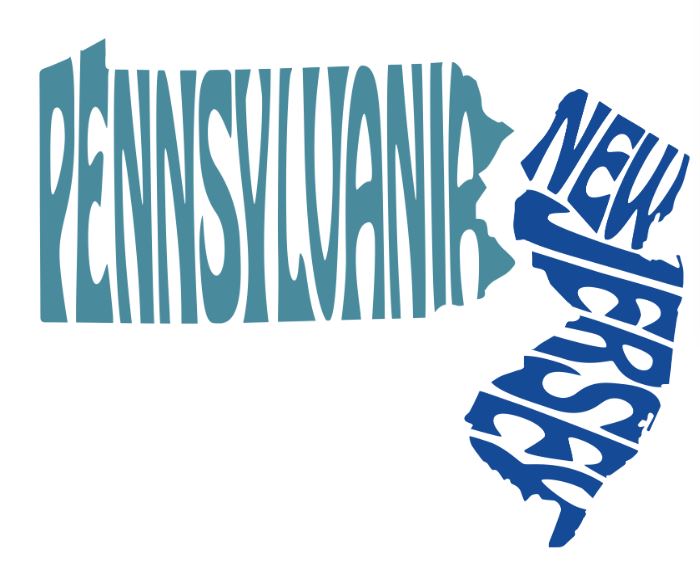PA vs. NJ: Key Differences in Title Fees & Endorsements
When purchasing real estate, understanding the costs involved is crucial. Title insurance protects buyers and lenders from issues related to a property’s title, but fees and endorsements can differ by state. For homebuyers and real estate professionals in Pennsylvania (PA) and New Jersey (NJ), it’s essential to know the differences in title fees and endorsements to avoid surprises and streamline the closing process.
Title Fees in Pennsylvania
In Pennsylvania, title insurance premiums are regulated by the state, providing a standardized fee structure.
- Title Insurance Premiums: In PA, the title insurance premium is a one-time fee paid at closing. The cost is based on the property’s sale price, with higher premiums for more expensive properties.
- Settlement Fees: PA doesn’t have a separate “settlement fee,” as it’s included in the overall closing costs.
- Realty Transfer Tax: PA has a state-mandated realty transfer tax of 1% of the purchase price. Local municipalities may add additional taxes, which can vary by county.
Title Fees in New Jersey
New Jersey’s title insurance premiums are not regulated by the state. While there’s no fixed rate, the New Jersey Land Title Association (NILTA) provides a Rate Manual that contains the rates, fees, and charges approved by the Commissioner of Banking and Insurance for all applications or orders for title insurance received on or after November 1, 2023.
- Title Insurance Premiums: In NJ, the title insurance premium is a one-time fee paid at closing. The cost is based on the property’s sale price, with higher premiums for more expensive properties.
- Settlement Fees: NJ separates out the settlement fees from the closing costs. The buyers and sellers typically split this fee.
- Realty Transfer Fee: New Jersey imposes a progressive realty transfer fee (RTF), ranging from 0.4% to 1.0%, based on the sale price. This differs from Pennsylvania’s flat-rate transfer tax. Qualifying senior citizens aged 62 or older; blind persons; disabled persons; and property that is low and moderate income housing may be subject to partial exemptions. If the consideration (sales price) exceeds $1,000,000, a 1% additional transfer fee (often called the “mansion tax”) is imposed on the buyer.
Endorsements: Differences Between PA and NJ
Title endorsements provide extra coverage for specific issues not included in a standard policy. These endorsements can differ by state.
- Endorsements in Pennsylvania: In PA, endorsements are generally added to the title policy for a fee. Common endorsements include the 100 (Covenants, Conditions and Restrictions), 300 (Mortgage Survey Exception), and 900 (Environmental Protection Lien – Residential).
- Endorsements in New Jersey: NJ offers similar endorsements, with protections for zoning variances or boundary issues. In more densely populated areas, endorsements for condominium issues or residential building liens may be more common.
Conclusion
While both PA and NJ require title insurance to protect against title issues, the costs and types of endorsements can differ. Pennsylvania has more regulated and predictable title fees, while New Jersey offers flexibility but with potentially more variability in costs. Both states require a realty transfer tax or fee, but PA uses a flat-rate system, while NJ uses a progressive fee system. Understanding these differences will help homebuyers and real estate professionals better prepare for title-related costs and processes. Always consult with your realtor or title company to ensure you fully understand the requirements and fees.





